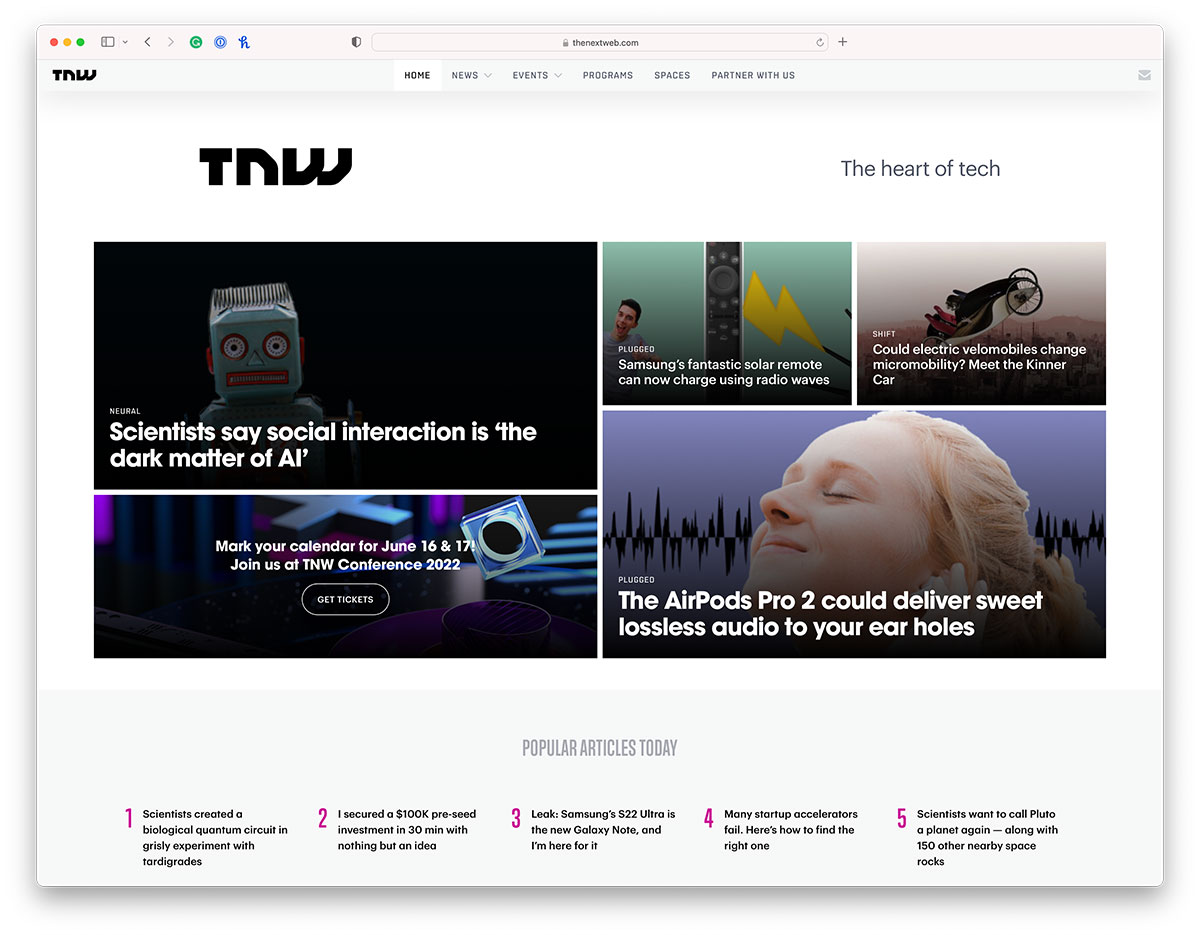News Websites - Questions
Not known Incorrect Statements About News Websites
Table of ContentsGetting My News Websites To WorkNews Websites Can Be Fun For AnyoneNot known Incorrect Statements About News Websites The Best Strategy To Use For News WebsitesIndicators on News Websites You Need To Know
It was down in the UK and Brazil but up some other nations, such as Greece, Bulgaria, and Poland (News Websites). This year, for the very first time, we inquired about the different manner ins which people prevent the information and located that around half of avoiders (53%) were attempting to do so in a broad-brush or periodic way for instance, by turning off the radio when the news began, or by scrolling past the information in social networksYou said that you attempt to proactively prevent information.

I'm most likely choosing to review even more light-hearted stories than I made use of to at the minute. M, 51, UK Turning my back on information is the only way I feel I can deal often. I have to purposely make the effort to avert for the benefit of my own psychological health and wellness.
The Buzz on News Websites
Careful evasion of Ukraine news was highest possible in much of the countries closest to the dispute, reinforcing searchings for from our additional survey in 2015, not long after the war had actually started. Our data may not recommend an absence of interest in Ukraine from close-by countries however instead a desire to handle time or secure psychological health from the really real scaries of battle.
Contrasting Finland with a politically polarised country such as the United States (see following graph) that is much less impacted by the war, we discover a really different pattern of topic evasion. In the United States, we find that customers are most likely to prevent topics such as national politics and social justice, where arguments over problems such as sex, sexuality, and race have actually ended up being very politicised.
American politics are quite poisonous these days. I discover occasionally that I have to separate from tales that just make me angry. F, 61, United States For some people, bitter and disruptive political debates are a reason to switch off information completely, but for some political partisans, avoidance is usually concerning blocking out viewpoints you don't wish to listen to.

An Unbiased View of News Websites
Some are seeking to make news much more easily accessible for hard-to-reach groups, widening the information agenda, appointing more motivating or favorable news, or welcoming constructive or options journalism that provide people a feeling of hope or personal firm. In our survey this year, we asked participants about their passion in these different techniques.
This discusses why tales like Ukraine or national politics do well with news regulars however can at the same time transform much less interested customers away (News Websites). Careful avoiders are much less thinking about all sorts of news than non-avoiders yet in relative terms they do seem to be more curious about positive or solutions-based information

About News Websites
2023). This might hold true in the moment, however in time it seems to be leaving numerous people empty and less pleased, which may be threatening our link with and rely on the news. Throughout markets, general count on news (40%) and rely on the resources individuals use themselves (46%) are down by an even more 2 percent points this year.
Certainly, with the rear-view mirror, the COVID-19 trust bump is plainly visible in the adhering to chart, though the instructions of travel afterwards has actually been mixed. In some instances (e.g. Finland), the depend on boost has been kept, while in others the upturn looks more like a spot in a story of ongoing long-term decrease.
Some of the highest possible reported degrees of media objection are located in nations with highest possible levels of wonder about, such as Greece, the Philippines, the United States, France, and the UK. The most affordable levels of media criticism frequent those with greater degrees of trust, such as Finland, Norway, Denmark, and Japan.
Some Known Incorrect Statements About News Websites
This year we asked participants about their preferences for message, sound and video when consuming news online. On average, we discover that the majority still choose to check out the news (57%), rather than watch (30%) or listen to it (13%), yet more youthful individuals (under-35s) are much more likely to listen (17%) than older groups.
Behind the standards we locate significant and shocking country differences. In markets with a solid analysis practice, such as Finland and the UK, around eight in More about the author ten still choose to check out on-line information, yet in India and Thailand, around four in ten (40%) claim they favor to see information online, and in the Philippines that proportion is over fifty percent (52%).